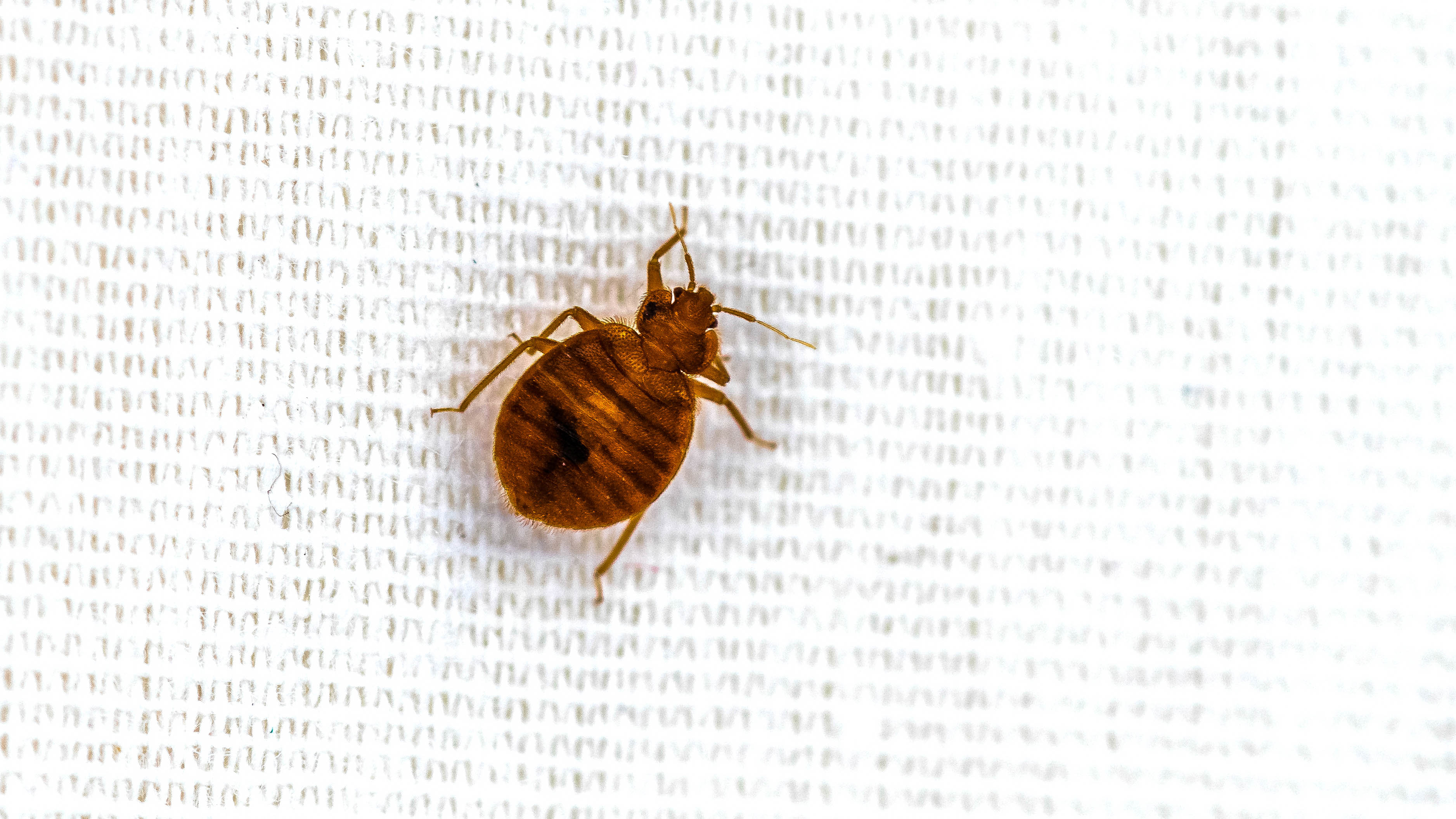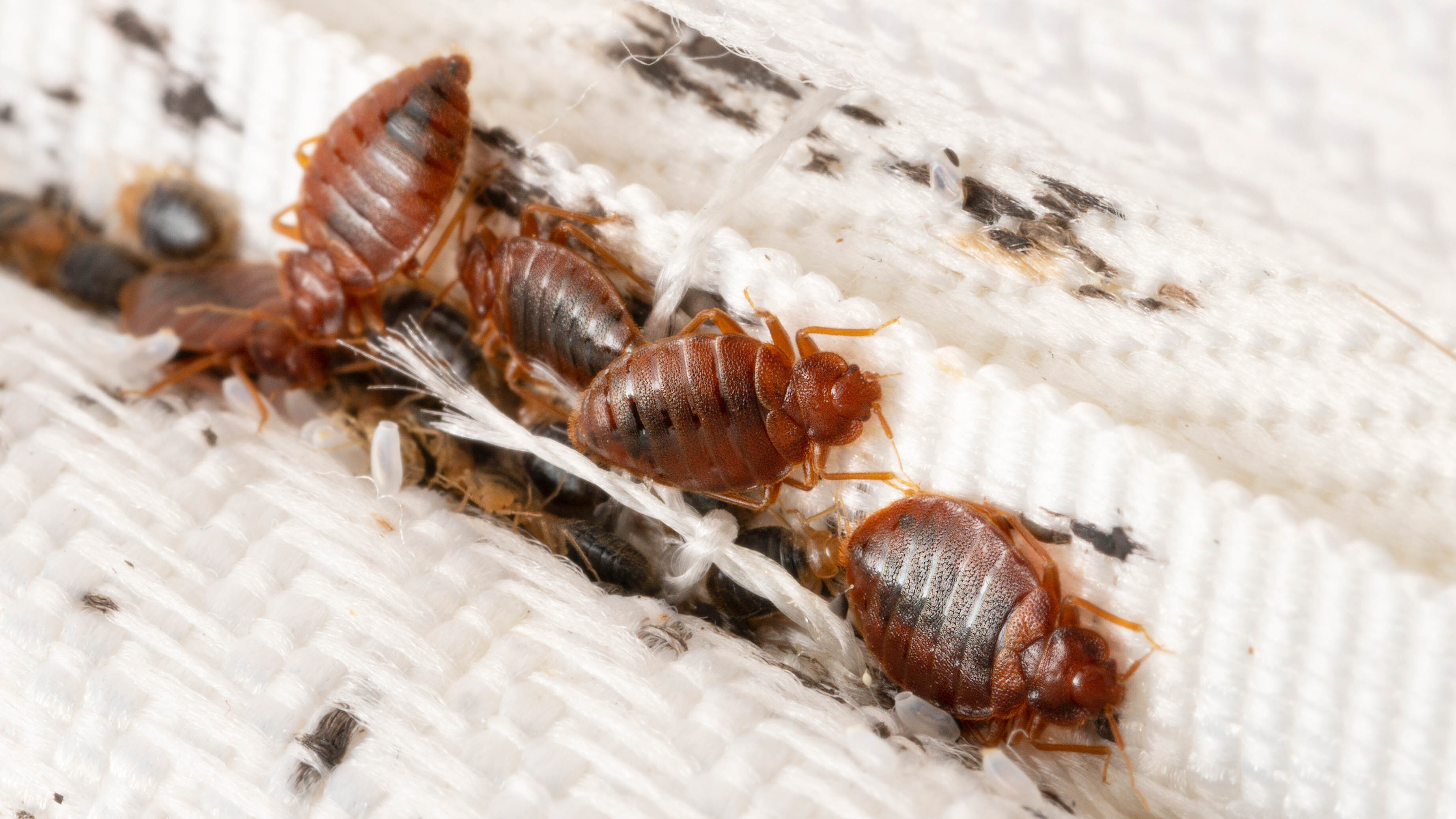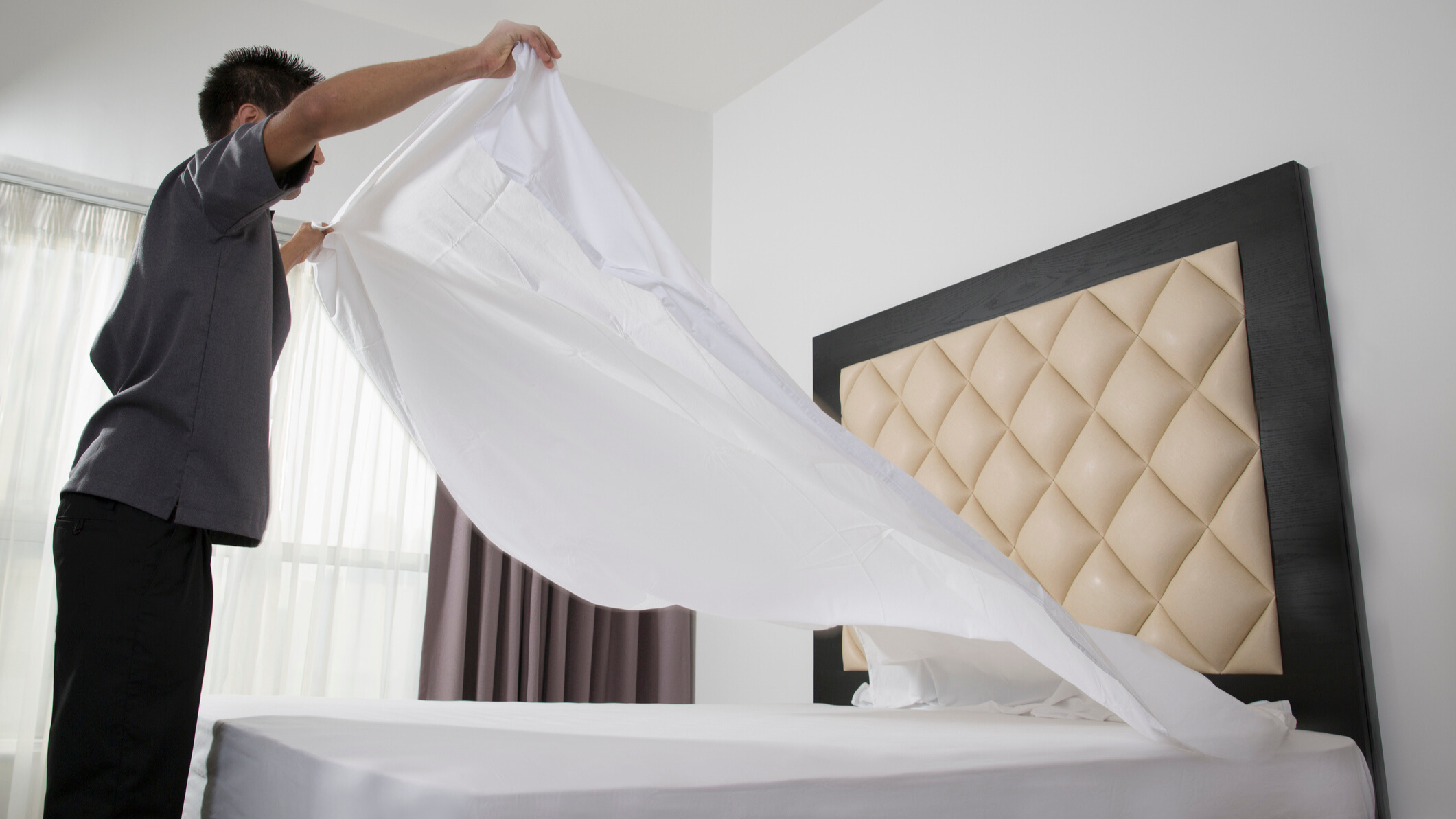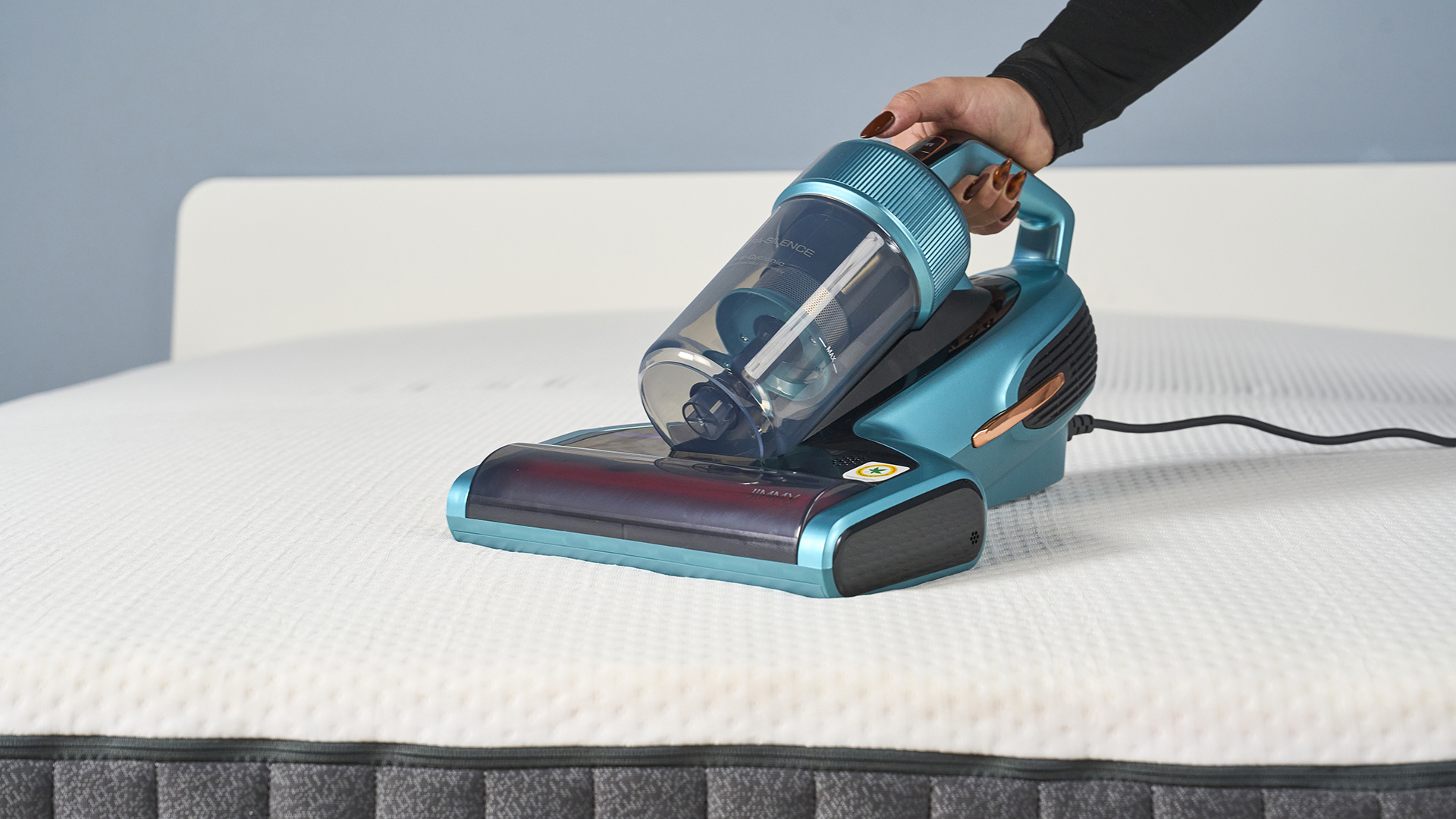Bed bugs followed early humans out of the caves and into our cities, research shows — here's how to stop them invading your mattress
If only cavemen knew about diatomaceous earth...

Sleep is the great unifier and while our ancient ancestors didn't have to worry about excess screen time and bed rot, we do have at least one sleep disruptor in common: bed bugs.
New research suggests that bed bugs are the earliest human pests, following us out of the caves roughly 60,000 years ago and booming as our population expanded into cities.
And we haven't been able to shake them since.
The world's oldest pest?
Researchers from Virginia Tech have been tracing the history of bed bugs back to a subset of the species detaching itself from bats and choosing humanity as their favorite food source.
While the Last Glacial Maximum around 20,000 years ago (the ice age) saw a decline in the general bed bug population, the human-associated bed bugs bounced back.

Sadly — or, perhaps, happily — the bat-following bed bugs haven't fared quite so well.
And it turns out our oldest pests have weathered a lot to continue bothering us, thriving as we established cities, rejoicing as the population expanded and even surviving the emergence of powerful pesticides.
Get instant access to breaking news, the hottest reviews, great deals and helpful tips.
So is there anything we can do to actually get rid of bed bugs?
On a global scale, it seems unlikely. They're incredibly hardy and we clearly taste incredible.
In your own home? That's a different story and if the past 60,000 years have been good for anything it's developing new, effective ways to remove bed bugs.
How to keep bed bugs out of your mattress
The best mattresses you can buy online are undoubtedly better for your sleep than a Neanderthal bed (cavemen didn't even have Phase Change Material) but they are still vulnerable to bed bugs.
However, with these tips you can keep bed bugs from infesting your mattress.
1. Regularly wash your sheets
One of the most effective ways to get rid of bed bugs at home is with a hot wash — bed bugs are not a fan of excessive high temperatures.
We recommend washing your bedding once a week to prevent stains and this regular cleaning schedule can also prevent an outbreak of bed bugs before it gets started.

Use a 140°F wash for a minimum of 90 minutes and follow up with either a hot dry cycle or a few hours in direct sunlight to eradicate bed bugs and their eggs.
And when your sheets are drying, leave your mattress bare to allow it to breathe. This air flow helps trapped moisture dissipate and clears the enticing scent of you that attracts bed bugs to your mattress.
2. Keep your room free of clutter
Bed bugs are consummate hiders: they're tiny, fast and love the dark.
That means the seams and crevices of your mattress are perfect bed bug homes. But the piles of laundry lying around your bed are equally attractive hideouts.
If you want to limit the areas for bed bugs to lurk, keep the space around your bed clean.
Just think, if Grug had only tidied his mammoth skin tunic away, we might not have to think about bed bugs at all...
3. Vacuum your mattress
It's a common misconception that bed bugs are attracted to mess. They're just as happy in a clean mattress as a dirty one. However, keeping your bed clean does help you avoid bed bugs.
Vacuuming your mattress can remove visible bed bugs as well as other pests and allergens that might be lurking in your bed.

A thorough vacuum also presents an opportunity to check for bed bugs. As mentioned, they're exceptionally good at hiding which means you might not be aware of a problem until it's a full blown infestation.
So when vacuuming keep an eye out for common signs of bed bugs, such as red or brown stains, eggs or discarded shell cases in the seams.
4. Be vigilant when traveling
Bed bugs have followed humans as we've spread across the globe — they're one of our most reliable travel companions.
If you've been subject to a bed bug outbreak at home, there's a good chance they're an unwelcome souvenir from a trip away.
You can avoid bringing bed bugs home with you by being alert, checking new beds for signs of pests and washing your clothing as soon as you get home.
5. Invest in common bed bug killers
Research suggests that the creation of chemical pest control DDT (dichloro-diphenyl-trichloroethane) contributed to a massive crash in bed bug population but it quickly bounced back (...yay.)
However, there are chemical bed bug killers such as CrossFire that have proved effective at eradicating an outbreak, while diatomaceous earth is commonly used as pest control.

Other preventative tools such as bed bug glue traps can help you stop bed bugs as they make their way to your mattress.
But for a serious infestation, it might be time to call in the professionals. Otherwise, here's to another 60,000 years hand in hand with bed bugs.

Ruth is an experienced Senior Staff writer at Tom’s Guide, covering all things sleep and mattresses. She writes to help people sleep better, from how-tos to the latest deals to mattress reviews, and has interviewed an array of experts who share her passion. She is also our specialist on memory foam — she’s flown around the world to see memory foam being made — and leads our hotel mattress content. She has a deep interest in the link between sleep and health, and has tried enough mattresses, from Helix to Nectar to Simba, to know the right bed really can make a difference to your wellbeing. Before joining the team at Tom’s Guide, Ruth worked as a sleep and mattress writer for our sister website, TechRadar.
You must confirm your public display name before commenting
Please logout and then login again, you will then be prompted to enter your display name.
 Club Benefits
Club Benefits





